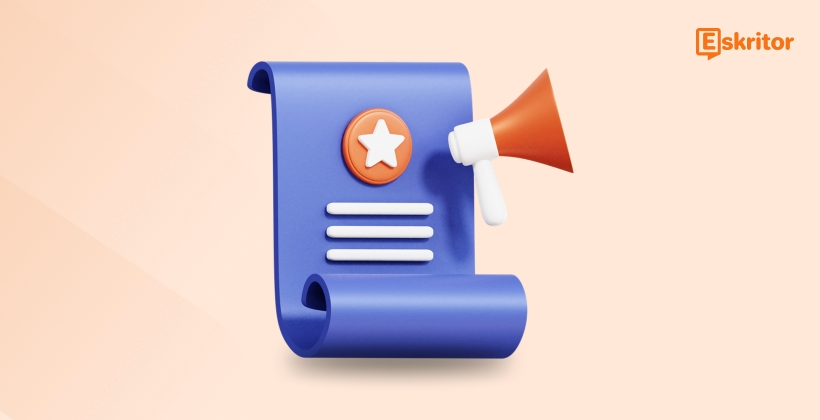AI Writers vs. Human Writers: A Comprehensive Comparison
AI Writers vs. Human Writers: A Comprehensive Comparison
Blog Article
Tips for Choosing the Best AI Writer for Your Needs
The development of artificial intelligence (AI) has had significant improvements across numerous groups, and the writing industry is no exception. From material development to editing, AI-driven publishing tools are making waves by transforming how individuals and firms approach prepared communication. With improved rate, cost-efficiency, and reliability, AI Editing (การแก้ไขโดย AI) are setting new requirements for output and redefining traditional publishing processes.

Increased Effectiveness and Productivity
One of the very substantial contributions of AI authors to the is the amount of effectiveness they provide. These resources can create supreme quality content in a portion of the time it'd take a human writer. For example, Jasper AI, an industry-leading AI tool, can make articles, sites, and marketing components within minutes. That expedited process enables companies to range their content generation and meet tight deadlines without compromising on quality.
Knowledge also highlights that trend. Based on a 2023 survey by MarketsandMarkets, businesses applying AI-powered material generation tools noted a 70% decrease in time allocated to publishing tasks. By automating similar writing responsibilities such as for example creating emails, studies, and solution descriptions, AI opens up valuable time for writers to concentrate on more proper, creative work.
Increased Reliability with Advanced Language Designs
AI writing tools are driven by organic language control (NLP) designs, such as GPT (Generative Pre-trained Transformer), that continue steadily to evolve with each iteration. These sophisticated types permit AI authors to produce grammatically accurate, contextually applicable, and well-structured content. Problems that have been after individual errors, like typos and syntax inconsistencies, are actually decreased somewhat with AI.
Grammarly, for example, described a 76% escalation in consumer accuracy on average, featuring how AI enhances the detail of written communication. Also, resources such as Copy.ai and Writesonic present characteristics like sentence restructuring and tone adjustments, which ensure the ultimate productivity aligns with the intended purpose and audience.
Cost Savings for Corporations
The integration of AI authors in to the business enterprise environment is proving to be cost-effective. While selecting qualified individual authors can be costly and time-intensive, AI provides an affordable alternative. AI methods an average of come with subscription-based pricing, that will be often a fraction of what a company would devote to staffing authors or outsourcing material creation.
For example, small-to-midsize corporations note typically 45% savings in content generation finances when adopting AI writing software. That charge efficiency makes it possible for startups and SMEs to contend with larger corporations when it comes to content size and quality.
Democratizing Material Creation
AI writers also stage the playing subject by creating professional-grade instruments accessible to persons and companies of most sizes. Freelancers, non-native British speakers, and small businesses are in possession of access to sources that make them develop polished, qualified content. That democratization fosters inclusivity within a and empowers a broader array of voices.

Shaping the Potential of Publishing
The continuing breakthroughs in AI publishing represent a paradigm shift in the industry. With features like predictive text, tone personalization, and contextual understanding, AI writers are not only supporting human authors but also augmenting their creativity and effectiveness. While issues about authenticity and individuality stay legitimate, the integration of AI in to writing procedures is without a doubt a game-changer.
Report this page